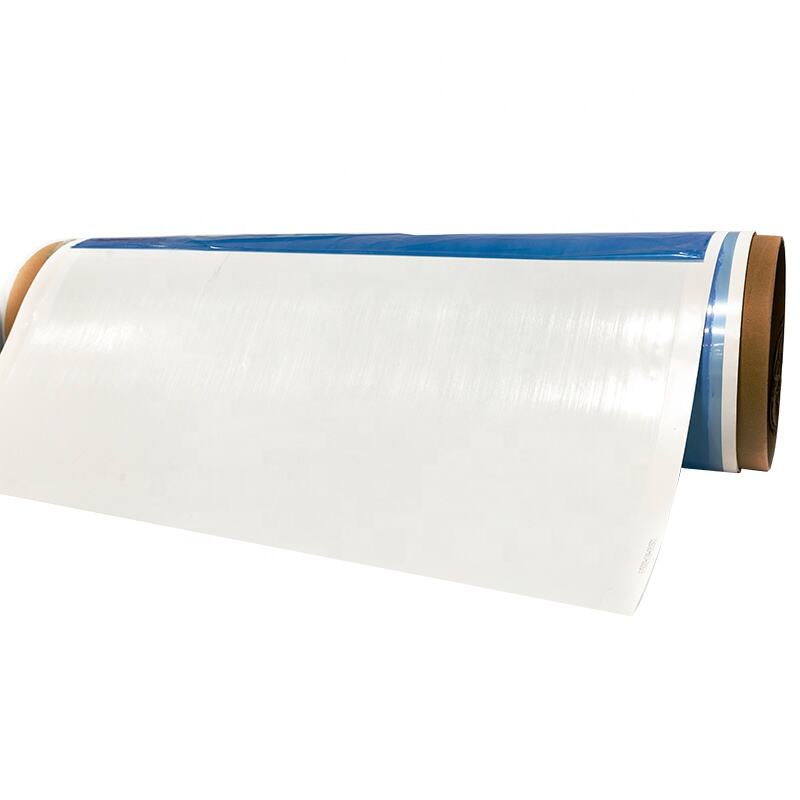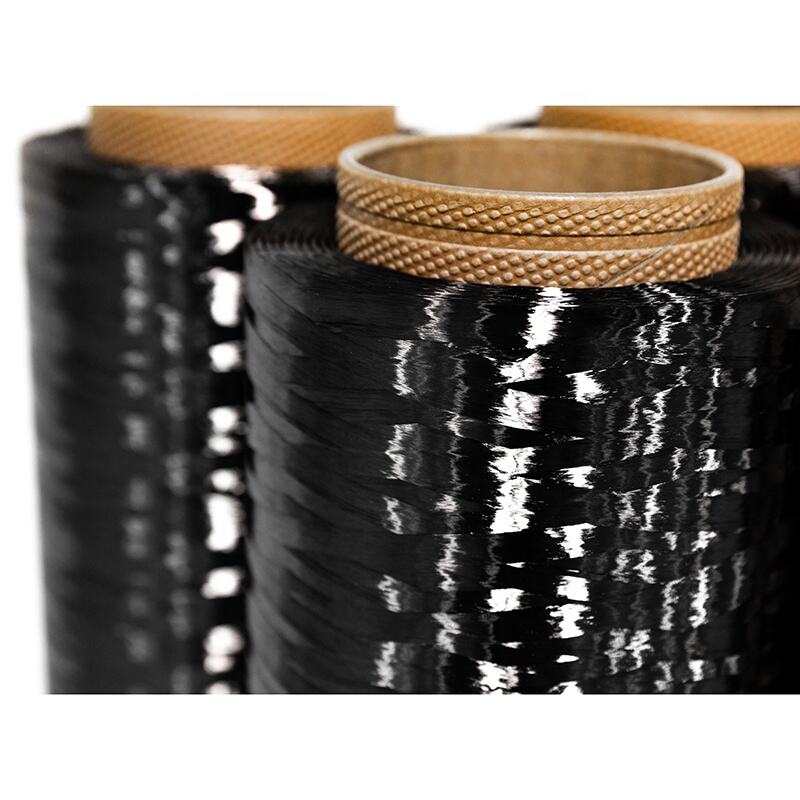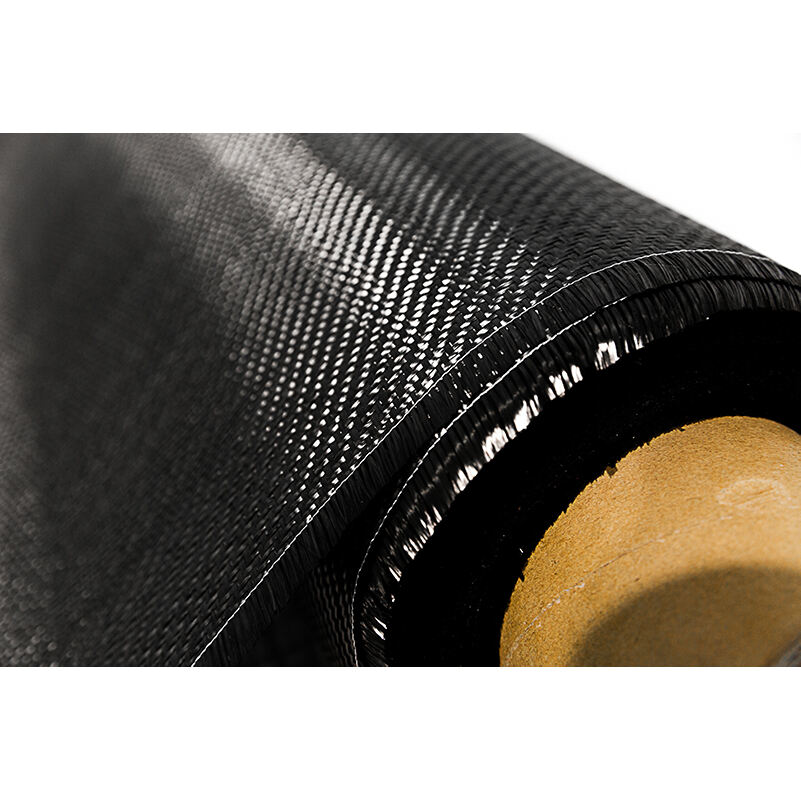carbon fiber supplies
Carbon fiber supplies represent a cutting-edge category of materials that have revolutionized various industries through their exceptional strength-to-weight ratio and versatility. These advanced materials consist of thin, strong crystalline filaments of carbon, woven together to create extraordinarily durable yet lightweight components. The manufacturing process involves carefully controlling temperature and pressure to produce fibers that are stronger than steel while maintaining minimal weight. These supplies come in various forms, including raw carbon fiber tow, prepreg materials, fabric sheets, and finished components. The applications span across aerospace, automotive, sporting goods, and industrial sectors. Modern carbon fiber supplies incorporate advanced resin systems and manufacturing techniques that enhance their performance characteristics. They offer superior resistance to environmental factors, including corrosion and UV exposure, making them ideal for both indoor and outdoor applications. The material's unique properties allow for complex shapes and designs while maintaining structural integrity, enabling innovation in product development and engineering solutions. Quality carbon fiber supplies undergo rigorous testing to ensure consistency in strength, weight, and performance specifications, meeting industry standards and certification requirements.


